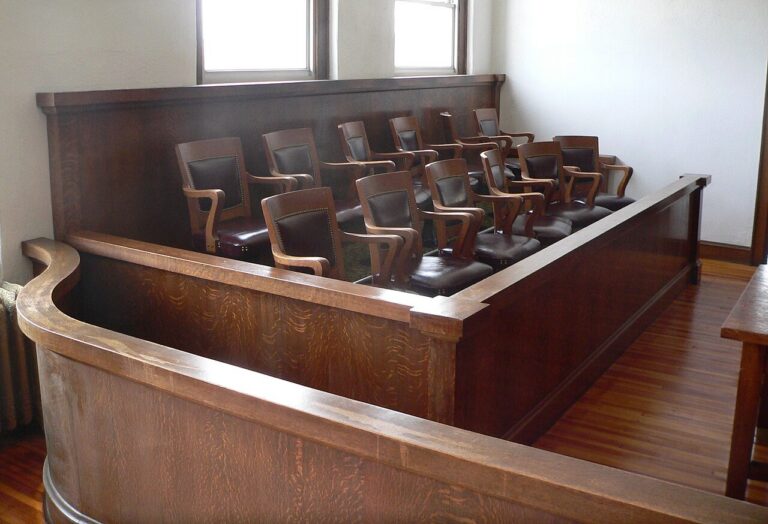
Benjamin Sachs is the Kestnbaum Professor of Labor and Industry at Harvard Law School and a leading expert in the field of labor law and labor relations. He is also faculty director of the Center for Labor and a Just Economy. Professor Sachs teaches courses in labor law, employment law, and law and social change, and his writing focuses on union organizing and unions in American politics. Prior to joining the Harvard faculty in 2008, Professor Sachs was the Joseph Goldstein Fellow at Yale Law School. From 2002-2006, he served as Assistant General Counsel of the Service Employees International Union (SEIU) in Washington, D.C. Professor Sachs graduated from Yale Law School in 1998, and served as a judicial law clerk to the Honorable Stephen Reinhardt of the United States Court of Appeals for the Ninth Circuit. His writing has appeared in the Harvard Law Review, the Yale Law Journal, the Columbia Law Review, the New York Times and elsewhere. Professor Sachs received the Yale Law School teaching award in 2007 and in 2013 received the Sacks-Freund Award for Teaching Excellence at Harvard Law School. He can be reached at [email protected].
As Bloomberg and Law360 report, the NLRB’s Inspector General (IG) has concluded that Board member William Emanuel should have been recused from Hy-Brand Industrial Contractors – the decision that overruled Browning-Ferris and retreated on the definition of joint employer. The essence of the IG’s report is that “the manner in which the former Chairman marshaled Hy-Brand through the Board’s deliberative process effectively resulted in a consolidation of the two matters [that is, Hy-Brand and Browning-Ferris] into one ‘particular matter involving specific parties.'” Similarly, the IG concludes that Hy-Brand became simply a “continuation of the Browning-Ferris deliberative proceedings and involved application of the Browning-Ferris facts to the law for the Browning-Ferris parties.” Thus, because Emanuel’s law firm represents a party in Browning-Ferris, the IG concludes that Emanuel should have been recused from the effectively-consolidated case of Hy-Brand.
The IG’s report is full of internal Board emails, and an analysis of the actual Hy-Brand decision, that leaves no room to doubt the conclusion about effective consolidation. Based on this conclusion, the IG writes that “Member Emanuel’s participation in the Hy-Brand decision . . . calls into question the validity of that decision.” Indeed it does. Had Emanuel participated in Browning-Ferris the Board would have no choice but to reconsider its decision. Having concluded that Hy-Brand was nothing more than a “do over” of Browning Ferris, the Board should now reconsider Hy-Brand and withdraw that decision’s joint employer analysis.










Daily News & Commentary
Start your day with our roundup of the latest labor developments. See all
February 15
The Office of Personnel Management directs federal agencies to terminate their collective bargaining agreements, and Indian farmworkers engage in a one-day strike to protest a trade deal with the United States.
February 13
Sex workers in Nevada fight to become the nation’s first to unionize; industry groups push NLRB to establish a more business-friendly test for independent contractor status; and UFCW launches an anti-AI price setting in grocery store campaign.
February 12
Teamsters sue UPS over buyout program; flight attendants and pilots call for leadership change at American Airlines; and Argentina considers major labor reforms despite forceful opposition.
February 11
Hollywood begins negotiations for a new labor agreement with writers and actors; the EEOC launches an investigation into Nike’s DEI programs and potential discrimination against white workers; and Mayor Mamdani circulates a memo regarding the city’s Economic Development Corporation.
February 10
San Francisco teachers walk out; NLRB reverses course on SpaceX; NYC nurses secure tentative agreements.
February 9
FTC argues DEI is anticompetitive collusion, Supreme Court may decide scope of exception to forced arbitration, NJ pauses ABC test rule.